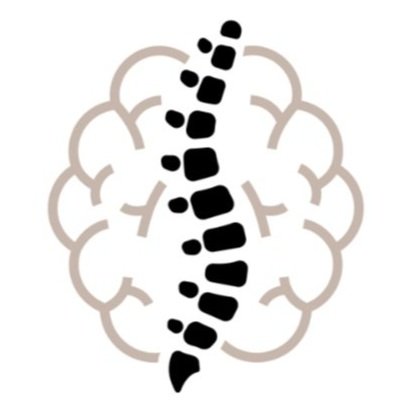Understanding TMJ Disc Displacement
What is TMJ disc displacement?
The temporomandibular joint (TMJ) plays a crucial role in jaw movement and function, but issues like disc displacement can lead to discomfort and impact daily activities.
On each side of the jaw, the TMJ contains an articular disc made of fibrocartilage (the same type of cartilage that makes up the knee’s meniscus). The disc acts as a cushion between the mandible and temporal bones and aids in movements of the joint. When functioning properly, the discs slide forward and down as the jaw opens and slide back and up into the socket as the jaw closes.
The discs can become displaced and most of the time, the discs displace anteriorly, or to the front. Let's explore the two main types of anterior disc displacement, their symptoms, and how they affect jaw function.
Types of anterior disc displacement:
Anterior disc displacement can manifest in two ways: with reduction and without reduction. In displacement with reduction, the disc moves forward of the condyle (the rounded tip of the mandible bone), causing tissue entrapment and potential pain. As the jaw opens, the condyle must navigate over the displaced disc, resulting in clicking or popping sounds. Displacement without reduction hinders the condyle from moving and aligning correctly, restricting jaw movement without the characteristic sounds.
Symptoms and impact:
The consequences of anterior disc displacement vary based on the type. Displacement with reduction may lead to jaw pain, clicking, popping, and restricted movement. Whereas displacement without reduction can result in a more subtle limitation of jaw motion without audible symptoms. Deviation of the jaw during opening is a common indicator of disc displacement, along with associated symptoms like locking or ear pain.
Click below to see our reel on 3 signs of possible TMJ disc displacement
When to seek professional evaluation:
If you experience symptoms such as jaw pain, clicking, restricted movement, or ear discomfort, consider consulting one of our specialists here at Mind Body Physiotherapy for an accurate diagnosis. In treatment, we emphasize a holistic approach and provide comprehensive strategies for addressing TMJ disc displacement symptoms.
Our Physical Therapists use relaxation exercises, mindfulness techniques, stress management, gentle jaw exercises, and manual mobilization. Incorporating these techniques into your routine can effectively reduce pain, alleviate muscle tension, and enhance overall jaw function.
Early assessment and tailored treatment plans are essential for effectively managing TMJ issues and promoting sustained jaw health. If you're experiencing discomfort, don't delay seeking professional assistance. Being proactive is important in attaining a healthier, pain-free jaw.
At Mind Body Physiotherapy we offer free 15 minute phone consultations! Schedule your Discovery Call today and let us guide you to a better and healthier jaw life.


